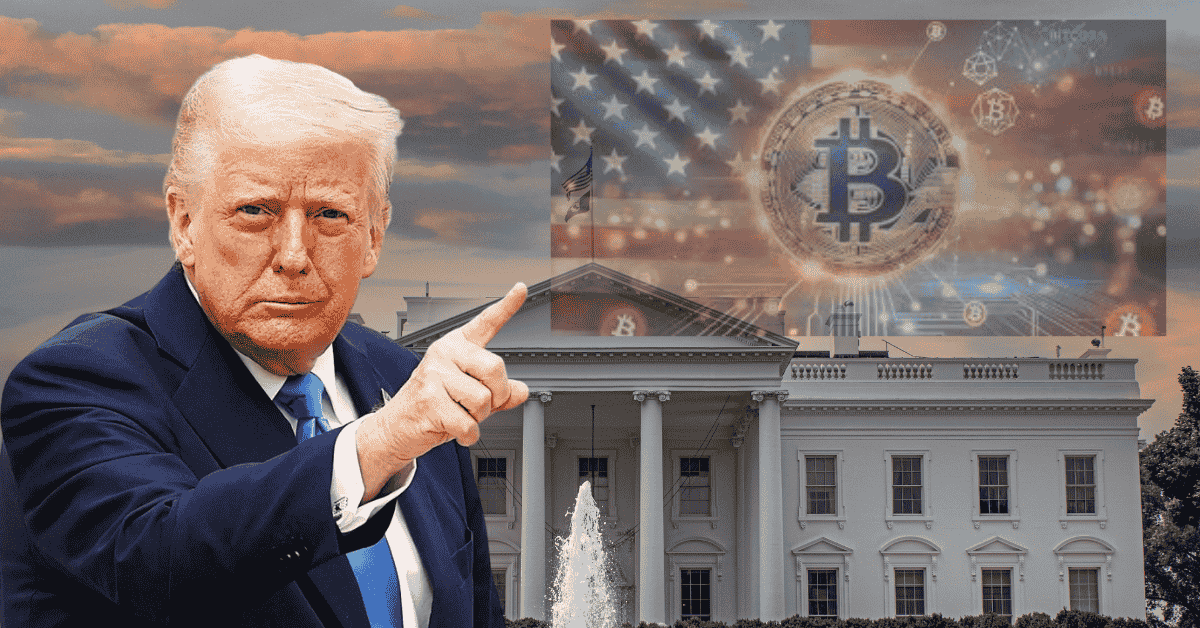
White House Proposes U.S. Crypto Tax Crackdown
In a surprising move, the Trump administration has released a comprehensive report on the cryptocurrency industry in the U.S., proposing significant tax reforms aimed at closing legal loopholes. Prepared by the Digital Asset Working Group, the report outlines detailed recommendations that could heavily impact retail traders, investment funds, and stablecoin issuers.
1. Cracking Down On Crypto Tax Loopholes: Is Trump Changing Course?
Despite his previously crypto-friendly stance, Trump's latest report suggests tightening regulations, especially in the area of taxation:
- Closing The Wash Sale Loophole: The report recommends applying the wash sale rule to cryptocurrencies. This would eliminate the ability of investors to sell assets at a loss and quickly repurchase them to claim tax deductions—currently prohibited for stocks but not yet clearly regulated for crypto.
- Mark-To-Market Valuation For Taxes: The proposal includes taxing assets based on their fair market value rather than the purchase price. This could mean investors owe taxes on unrealized gains—regardless of whether they’ve sold the asset.
2. Stablecoins And Staking Could Face New Tax Rules
The report extends its scope beyond trading to include other crypto activities:
- Stablecoins As Debt Instruments: Stablecoins may be reclassified as debt rather than commodities or securities, potentially subjecting them to tax rules similar to bonds.
- Staking Rewards Under Scrutiny: Staked crypto assets may no longer qualify for simplified tax treatment. Stakers could be required to submit more complex tax filings, increasing compliance burdens.
3. Just Recommendations, But With Major Implications
Although these are only recommendations directed at Congress and federal agencies, this report represents the most detailed federal crypto tax framework proposed to date.
If enacted, the suggested reforms could significantly impact:
- Retail crypto traders
- Crypto-focused investment funds
- Stablecoin issuers and DeFi platforms
Interestingly, the report also supports expanding regulatory safe harbors for developers and investors, promoting innovation while tightening oversight on tax compliance.